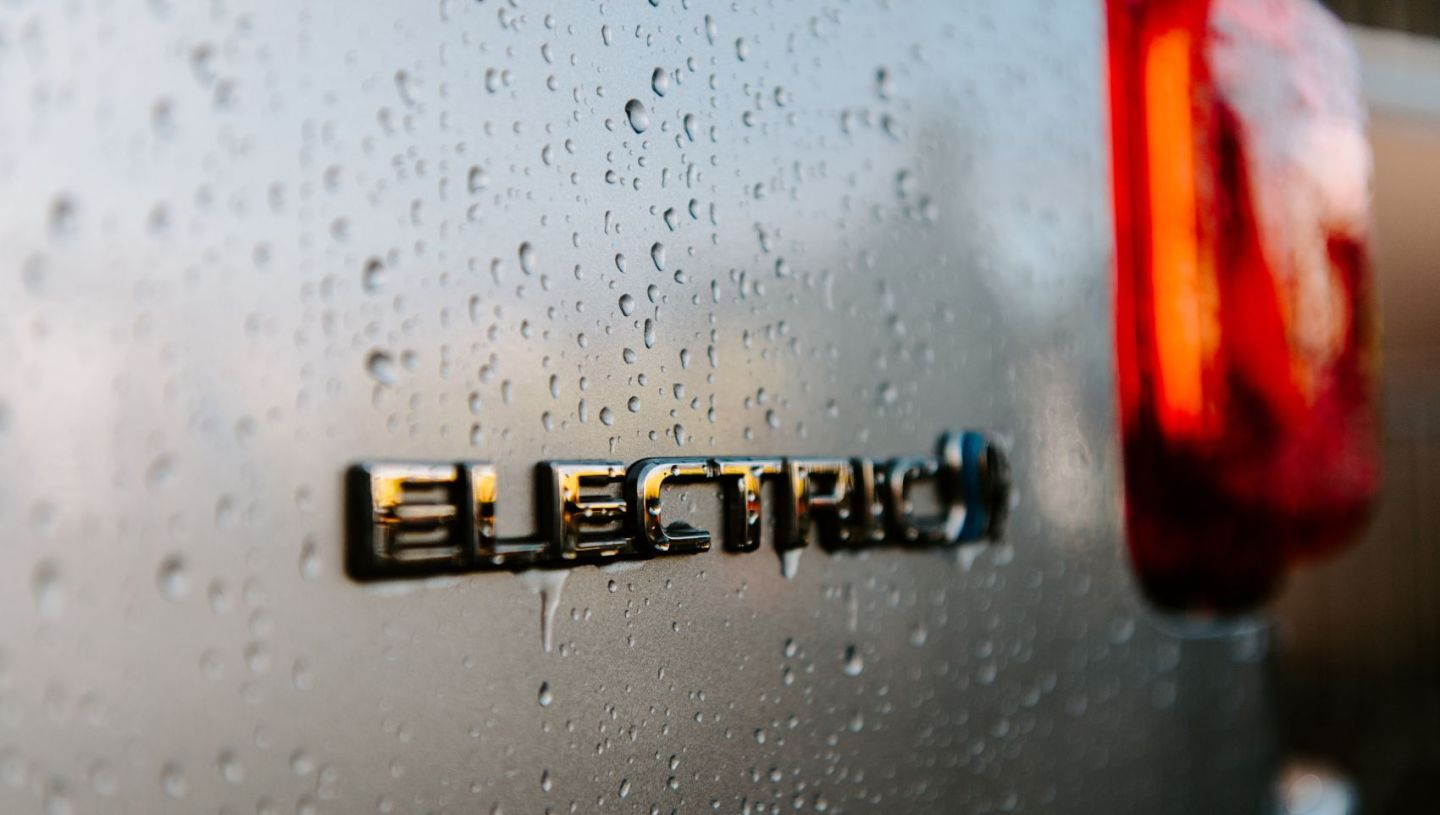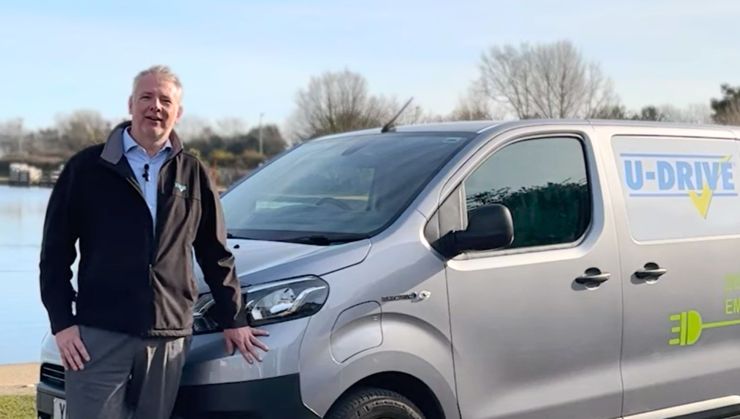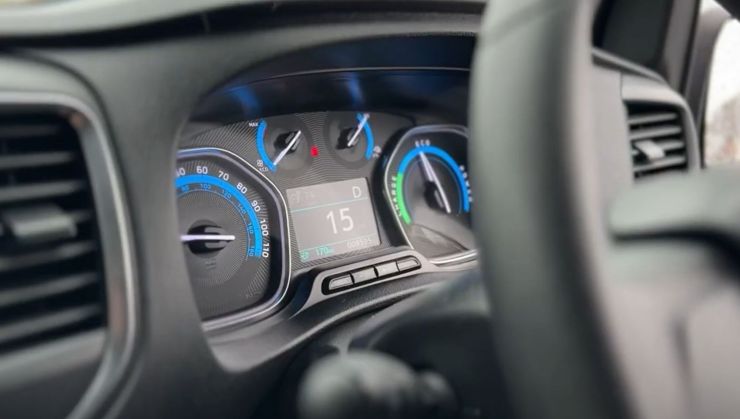Last Updated: 24th July 2024
Cost Of Charging An Electric Vehicle At Home
Ecoexperts report that the average domestic electricity rate in the UK is approximately 22.36p per kWh. Fully charging a 60kWh electric car costs roughly £13 (depending on your rate) and provides about 200 miles of range. Switching to a dual-rate electricity tariff designed for EV drivers can further reduce this cost as stated by Pod-point.
Charging at night on an off-peak tariff can dramatically reduce the cost of charging. For example, at a rate of 7p per kWh to fully charge the same 60kW battery would cost roughly £4.20.
Work Out How Much Charging Your EV At Home Will Cost You
You can calculate the cost to fully charge your own car using the following formula from Subaru:
Tariff (e.g. 28p/kWh) Battery size (e.g. 100kW) / 100 = Cost to fully charge (e.g. £28.00).
Cost Of Charging An Electric Vehicle At A Public Charge Point
The cost of charging your electric vehicle at a public charge point varies depending on the charge point network and location. Many local authorities use a pay-per-session system for on-street chargers, and sometimes they are free with a network subscription.
Public charging costs also depend on the power rating and type of charger: slow (typically lamp post charging), fast (usually in car parks), and rapid or ultra-rapid (often found at motorway service stations).
Rapid and ultra-rapid chargers are the most expensive way to charge, often located at motorway service stations. It isn't unusual to charge 80% in 20-60 minutes as reported by RAC.
Read our blog, how long does it take to charge an electric vehicle, to learn about the different charger types for EVs.
Using apps such as ZapMap not only allow you to find local public charge points, but will also show you the available charger types and payment for fast, rapid and even ultra-rapid charging if the vehicle will support it.
If you've never charged an electric vehicle at a public charge point before, watch our guide that shows you step by step what to do.
As stated above, the cost of charging an EV depends on several factors including the electricity rate in your area, the EV's battery size, and the type of charger used. On average, charging an EV at home can cost less than refuelling a traditional ICE vehicle. Many EV drivers that charge at home find that their charging costs are lower than the equivalent cost of petrol or diesel. For rapid and ultra-rapid charging, you can expect to pay slightly to significantly more for the increased electricity supply.
The transition to electric vehicles can be a challenge for any business, but we are here to help. For a specialist consultation on how you can bring more EVs into your business, please call our team on 0800 980 9966.
The information was accurate on original publication, July 2024. External links have been provided as a reference source.
Looking To Transition Your Fleet To EV?
Are you looking to transition your fleet to EV but don't know where to start, or need some guidance throughout the process? Our EV Consultancy service can support you at every step, from a free consultation offering advice on all things EV, to analysing your current fleet usage, site surveys and even tailor-made training for you and your team to help your business transition to EV seamlessly.




